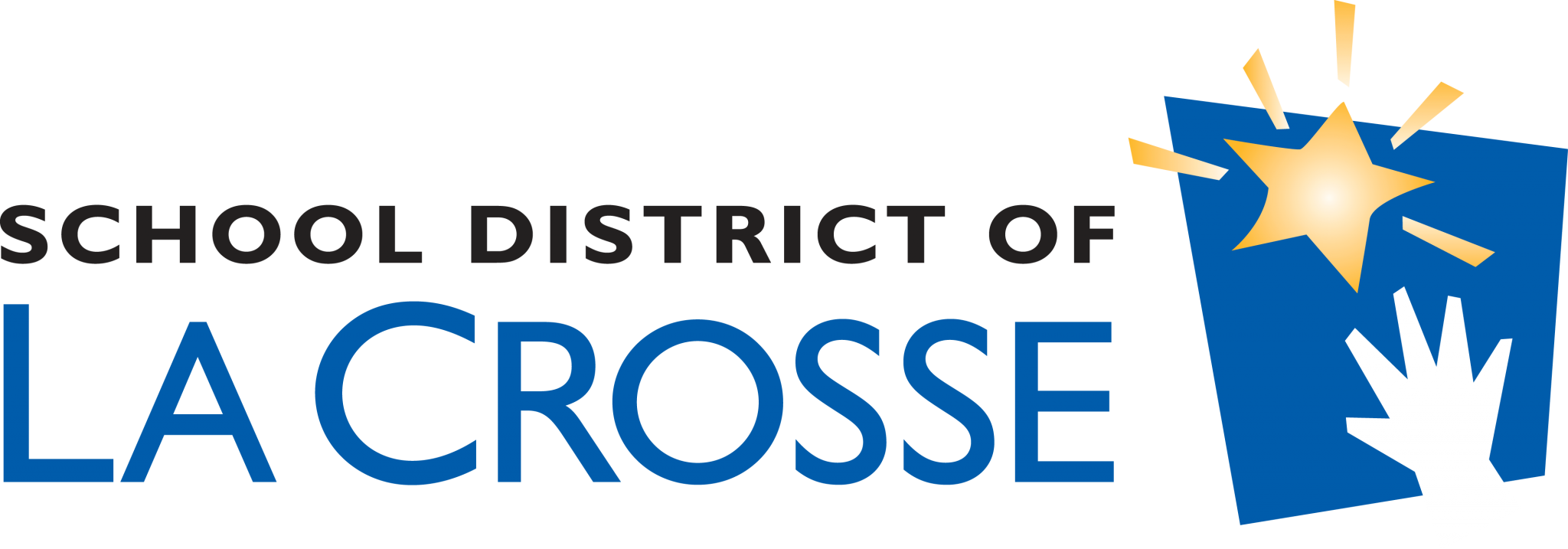Feeling Sad or Withdrawn
Considerations when Supporting Youth
- If the youth is open to talking, find a private location.
- Share with the youth about what you are noticing related to their current mood or withdrawal, your concern related to this change, and that you are available as a support for them.
- Talk with them about their experience and the change you have noticed.
- Explore and identify the parts of their life where isolation is occurring – ie. school, home, with friend, extracurricular activities
- Be watchful for other signs and symptoms of mental health concerns such as: changes in diet or weight, changes in sleep, significant changes in mood, hopelessness, withdrawal from previously enjoyed activities, engaging in risky behaviors.
- Encourage the youth to stick to a consistent schedule as much as possible.
- Provide support and acknowledgment when youth engage in consistency and activities even when it is difficult for them.
- Encourage the youth to, as best they can, participate in Behavioral Activation.
- Behavioral activation is the process of slowly and intentionally re-introducing oneself to activities that were highly preferred before withdrawal and/or isolation began. Help the youth identify one or two activities that can be realistically accomplished before you next see them. For older youth, encourage setting phone reminders or partnering with a friend to increase accountability.
- Provide reassurance by checking in with them consistently and letting them know they are not alone.
- Be watchful for statements about not wanting to live or for significant change in behavior/mood. You may find it helpful to review resources in the Concerns about Suicidal Thoughts or Behaviors tab especially if you have concerns about the youth experiencing hopelessness and despair.
Connect with Supports
- There are several different ways to seek counseling or treatment. This includes a private therapist, a school counselor, mental health center services, and/or substance abuse treatment. Private therapists can be a licensed clinical social worker (LCSW), a licensed professional counselor (LPC), or a psychologist. This is usually covered by insurance and may occur weekly or every other week depending on treatment needs. Therapy is individualized and collaborative. A therapist may offer more frequent sessions if needed or may recommend a higher level of care as needed.
- Youth may also be able to receive counseling at school. This may be in the form of a school counselor who is accessible to all youth. The school counselor can give you more information about services available in the school.
- The School District of La Crosse also has a Student Family Assistance Program which offers short-term solution-focused interventions to support student mental health. If you are interested in this program, reach out to your school counselor.
- Youth in crisis may need more intensive support than outpatient therapy or school counseling.
Connect with your Medical Provider
- If you have a primary care provider (PCP), they are often a great place to start
- Your PCP can provide evaluation/consultation, education, and referral as needed based upon your child’s behavior. They may be able to rule out a medical reason for the behavior and can discuss medication as an option if needed.
- Clinic contacts in the La Crosse area:
- Gundersen Health System – Department of Pediatrics: (608) 775-6766
- Gundersen Health System – Department of Family Medicine: (608) 775-0375
- Mayo Clinic Health System – Pediatric & Adolescent Medicine: (608) 392-9881
- Mayo Clinic Health System – Family Medicine Clinic (608) 392-9873
- If there is an urgent safety concern, take the youth to the Emergency Department or call 9-1-1 if you feel it is safe for you to transport them.
What Else Can I Do?
If you would like assistance getting help for yourself or you would like to refer your child, student or friend for professional services, reach out to your school student services offices for additional support and information.
Community Resource
Great Rivers 211
Great Rivers 2-1-1 offers free, confidential community information and referrals 24 hours/day. Dial 2-1-1 or (800) 362-8255 to talk to an information and referral specialist.
